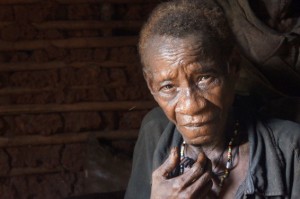MONDAY, 11 APRIL 2016
[Scroll down to listen to the interview]
So why are the conservation movement and indigenous peoples not working together? The biggest issue is a lack of understanding, as well as ‘top-down’ methods, the legacy of colonial-era ideals.
In this exclusive interview with BlueSci, Survival International campaigner Mike Hurran explains why indigenous groups have been continuously exploited in the name of conservation, including the connection between WWF and ongoing abuse of the Baka hunter-gatherers in Cameroon, and how best to initiate a transformation in the way the world sees and treats indigenous peoples.
“The idea that indigenous peoples are the best conservationists, so that doesn’t mean that they’re perfect, but they’re better at conserving their land than anyone else, is true and its backed up by lots of evidence, whereas large conservation organisations are often hopelessly out of touch with reality”
I started out by asking Mike why indigenous groups are repeatedly taken advantage of.
BlueSci would like to thank Mike Hurran and Survival International for this opportunity. The Survival action campaign involving WWF can be found here
Image: © Survival International: Wildlife officers attacked this Baka woman with pepper spray and destroyed her cooking pots
